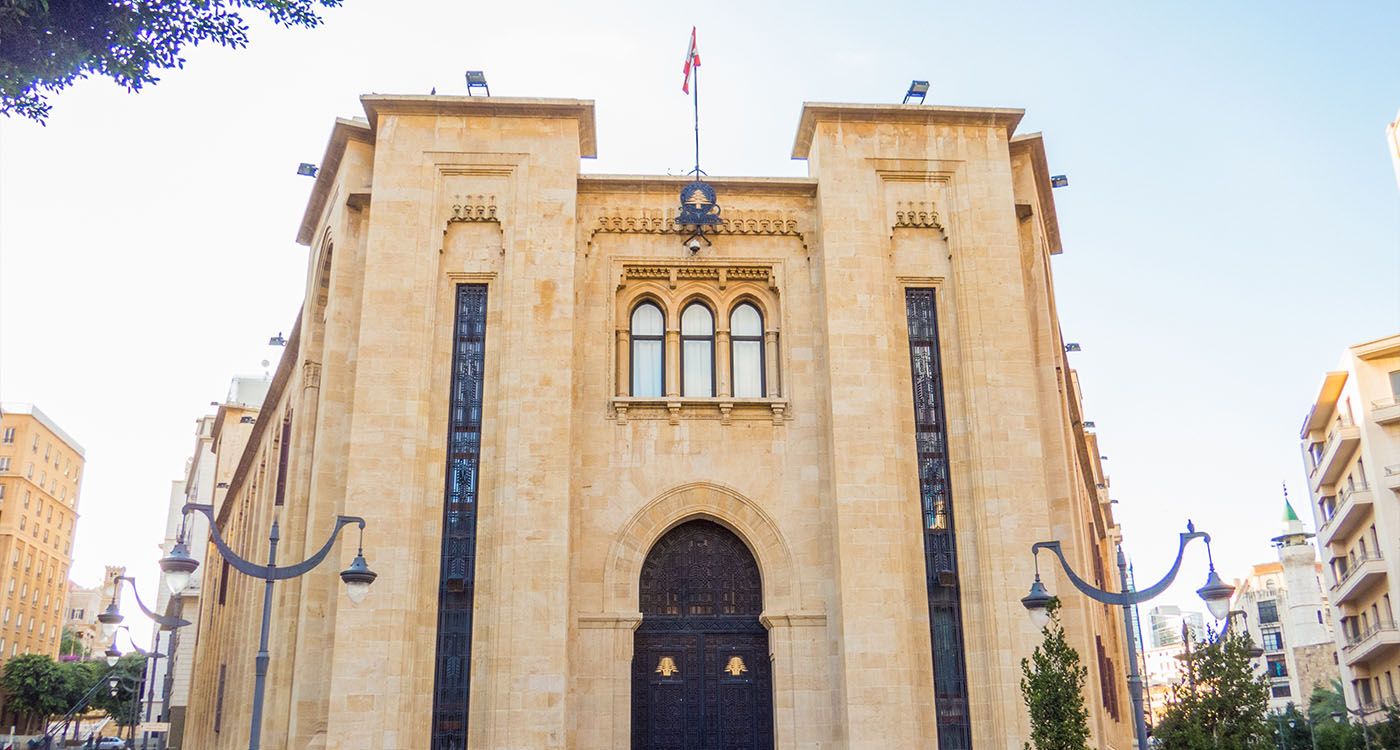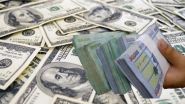
Sectarian divides once again paralyzed legislative work in Lebanon, as Parliament failed to reach any concrete decision on the issue of Christian-Muslim parity within Beirut’s municipal council. The matter has now been referred to a parliamentary committee for further examination.
During a plenary session held on Thursday evening, Lebanese lawmakers discussed proposed amendments to the municipal electoral law, with a particular focus on the capital, Beirut. However, the debate on ensuring equal Christian and Muslim representation within the municipal council quickly ran up against deeper questions of local governance.
While some MPs—particularly Christian representatives—called for the adoption of closed lists that would guarantee a 12–12 seat split between Christian and Muslim members, Sunni parliamentarians made any progress on the matter contingent on a structural shift: the transfer of executive powers from the governor of Beirut (a Greek Orthodox official) to the president of the municipal council, a role traditionally held by a Sunni.
At the close of Thursday’s session, none of the proposed measures to ensure balanced sectarian representation in the capital’s municipal body were adopted.
In an attempt to break the deadlock, a parliamentary committee led by Deputy Speaker Elias Bou Saab was formed. The committee is expected to launch expanded consultations starting today, in hopes of forging a consensus around a formula that would secure parity without altering the foundational structure of the municipal system. However, prospects remain dim. Several Muslim MPs continue to insist that progress is contingent on stripping the governor of executive powers in favor of the municipal council president—an outcome many consider unrealistic in the near term.
Morning Session: Financial Reforms
Earlier that same day, Parliament approved—with a majority of 87 votes—a draft law lifting banking secrecy, as previously adopted in joint committees on April 16.
Lawmakers also passed legislation related to the Code of Money and Credit. In light of the severe devaluation of the national currency since the onset of the 2019 financial crisis, the Central Bank was authorized to issue new banknotes in denominations of LBP 500,000 and LBP 1 million.
A number of other economic, monetary and social bills were also debated.
Additionally, MPs voted to postpone, for two weeks, discussions on a draft law aimed at increasing Lebanon’s contribution to the International Monetary Fund. The delay came at the request of Prime Minister Nawaf Salam, who responded to concerns from several MPs opposing new financial burdens on the state.



Comments